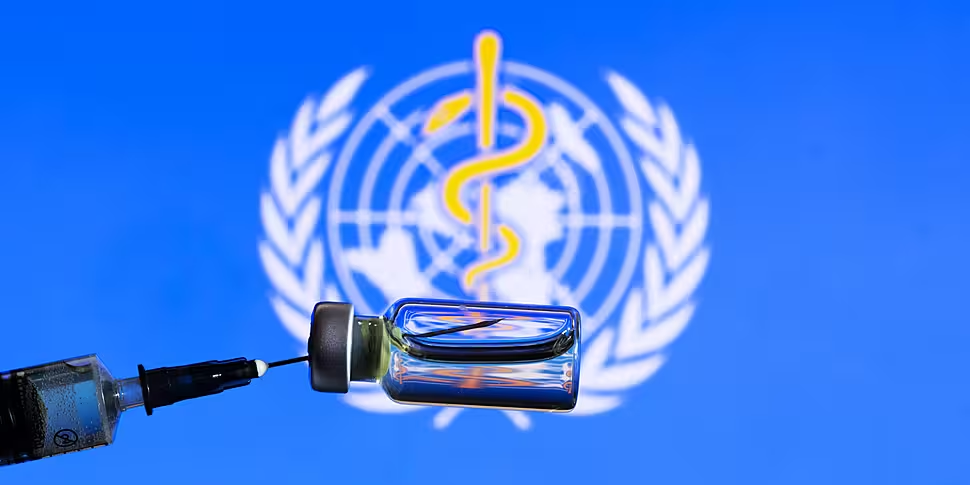The World Health Organisation says the EU should offer up excess vaccines to the poorest nations.
It follows accusations of vaccine nationalism, where rich countries prioritise their own vaccine needs, while developing economies struggle to access supplies.
The WHO says we must all examine our own consciences when it comes to vaccine distribution across the globe.
Today marks the one year anniversary since the WHO Director-General, Dr Tedros Adhanom Ghebreyesus, declared a public health emergency over the novel coronavirus.
Spokesperson Dr Margaret Harris said it is about vaccinating some people in all countries, rather than all people in some countries.
Speaking to Newstalk Breakfast with Susan Keogh, she warned that the rollout of vaccines may lead to further inequality among nations worldwide.
"The Director-General was repeating again and again how we have a window of opportunity to prevent widespread transmission," she said.
"And what he's saying, and we're all feeling, is that we now have another window of opportunity to bring it under control with the vaccines.
"But there's a real danger that the very tools that could help to end the pandemic, these vaccines, could exacerbate the same inequalities that this pandemic has exposed.
Dr Harris said the WHO wants to see nations vaccinating the most vulnerable people in society but then make the excess available to every country.
The WHO, along with Gavi and the Coalition for Epidemic Preparedness Innovations (CEPI), have established COVAX, a global initiative aimed at working with vaccine manufacturers to provide countries with equitable access to safe and effective vaccines.
The EU has been "a very important" part of that in ensuring that there can be a "collective access to vaccines", Dr Harris added.
"If we lose trust in international collaboration through #COVID19 vaccine nationalism, we will all pay the price in terms of a protracted recovery"-@DrTedros #DavosAgenda
— World Health Organization (WHO) (@WHO) January 29, 2021
'Huge and intense transmission'
She said the WHO is concerned that as more people receive the vaccine, the adherence to public health guidelines will diminish, thus leading to further surges of the virus.
"We're concerned about that now, not in the future, but right now," she said.
"What is saving lives now is bringing the transmission down and you've put in some very hard yards in Ireland to make that happen, you're bringing your numbers down but you have to keep on doing it.
"It isn't easy, it's tedious, and none of us are enjoying doing it but it is working.
Dr Harris urged people to continue keeping a distance, avoiding gatherings, wearing masks and washing their hands.
"We have huge and intense transmission, we are at a very dangerous stage and the biggest danger is saying, 'oh, it's ok, a vaccine's going to fix it'," she added.
"We are going to fix it but we have to continue doing everything, we have to double down on the measures so that we take the best advantage of this extraordinary gift our scientists have given us."
Meanwhile, the Tánaiste Leo Varadkar has also appealed for everyone to continue to adhere to public health guidelines as the inoculation programme is rolled out.
Speaking to Newstalk, he said the "big risk" over the next few weeks is "a degree of comfort or complacency setting in and people maybe letting their guard down".
He urged people to "redouble their efforts" so that case numbers can continue to fall.









